Why Everyone Is Wrong About Electric Trucks Being Cheaper
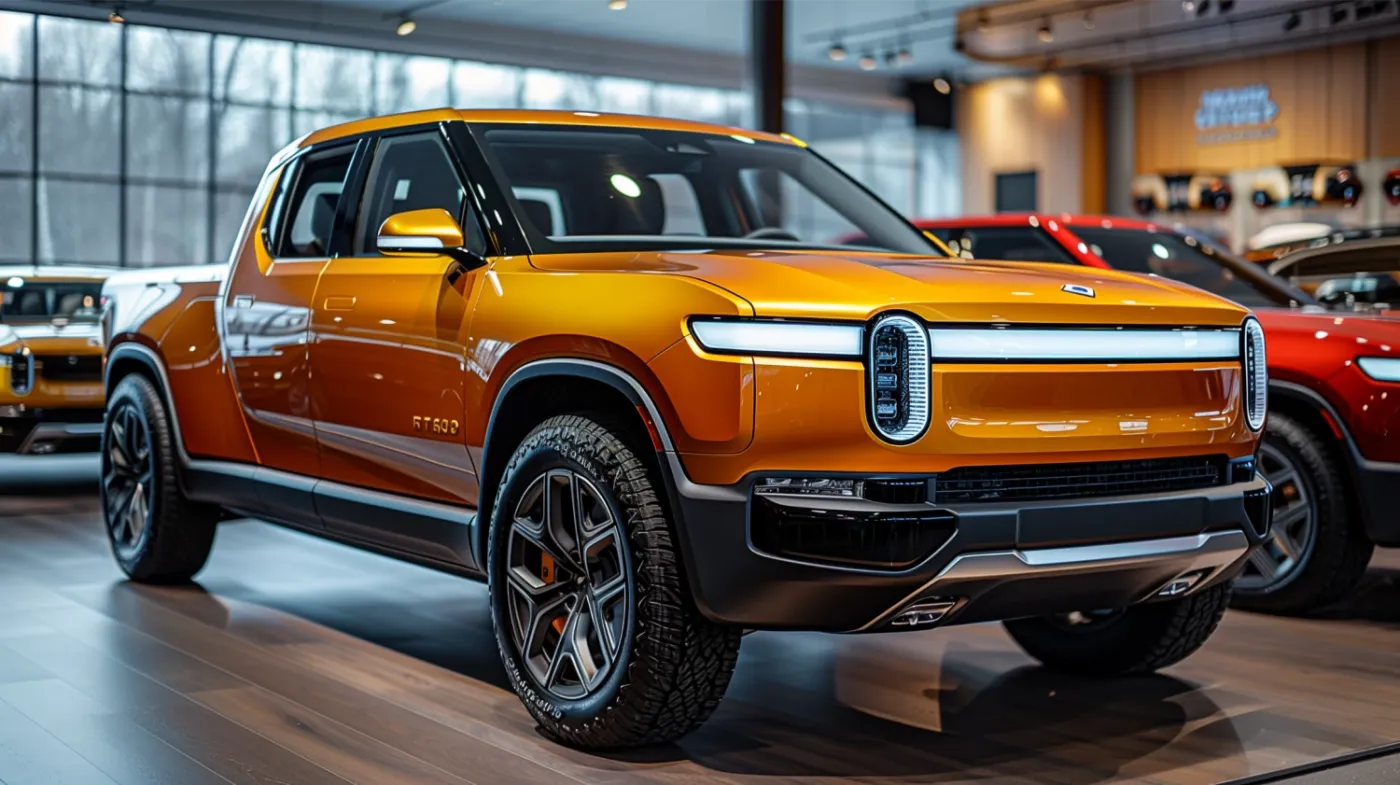
Electric trucks are the gleaming beacons of efficiency, promising to save the planet and our wallets in one fell swoop. But before you trade in your gas-guzzler for a battery-powered clean machine, let's put the brakes on those cost-saving dreams and explore why the common wisdom about electric trucks being cheaper in the long run might just be running on empty.
We're not saying electric vehicles are bad — we just want to show you they have their own downsides.
1. The Sticker Shock is Real, and It's Spectacular
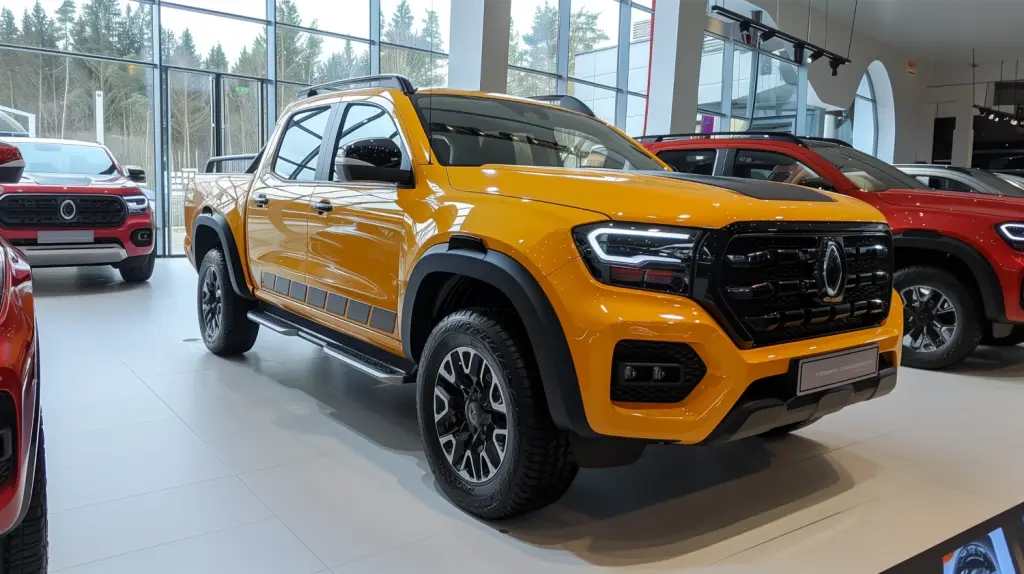
First up, the upfront cost. Electric trucks come with price tags that can make your wallet spontaneously combust. While advocates rightly claim that lower operational costs balance this out over time, that initial financial hurdle is higher than a trucker's caffeine tolerance during an overnight haul.
2. Battery Replacement: The Elephant in the Room
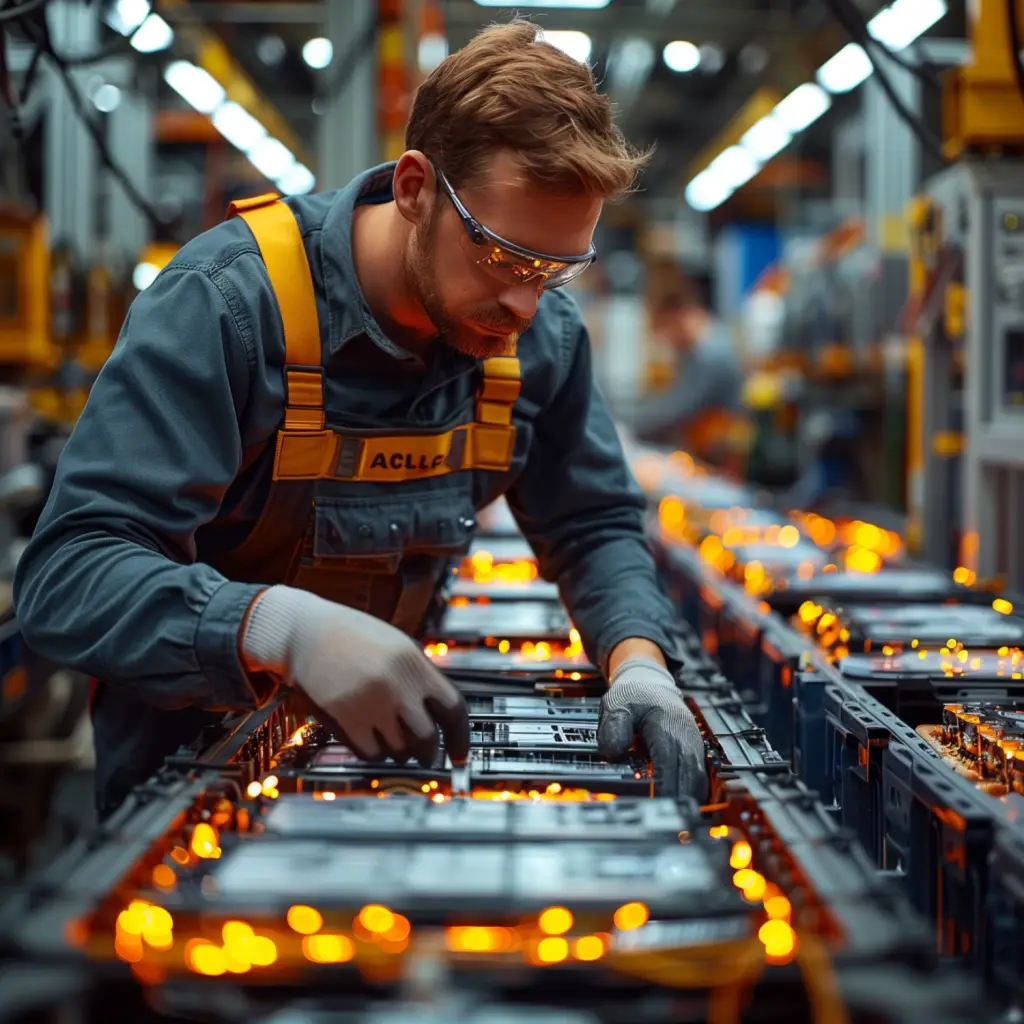
Batteries, the heart and soul of electric trucks, don't last forever. They're like that gym membership you start with enthusiasm, only to find your commitment (and the battery's capacity) waning over the years. Replacing them? It's as though you're buying a small car, but you only get to drive the battery.
3. Charging Infrastructure: Not Quite There Yet
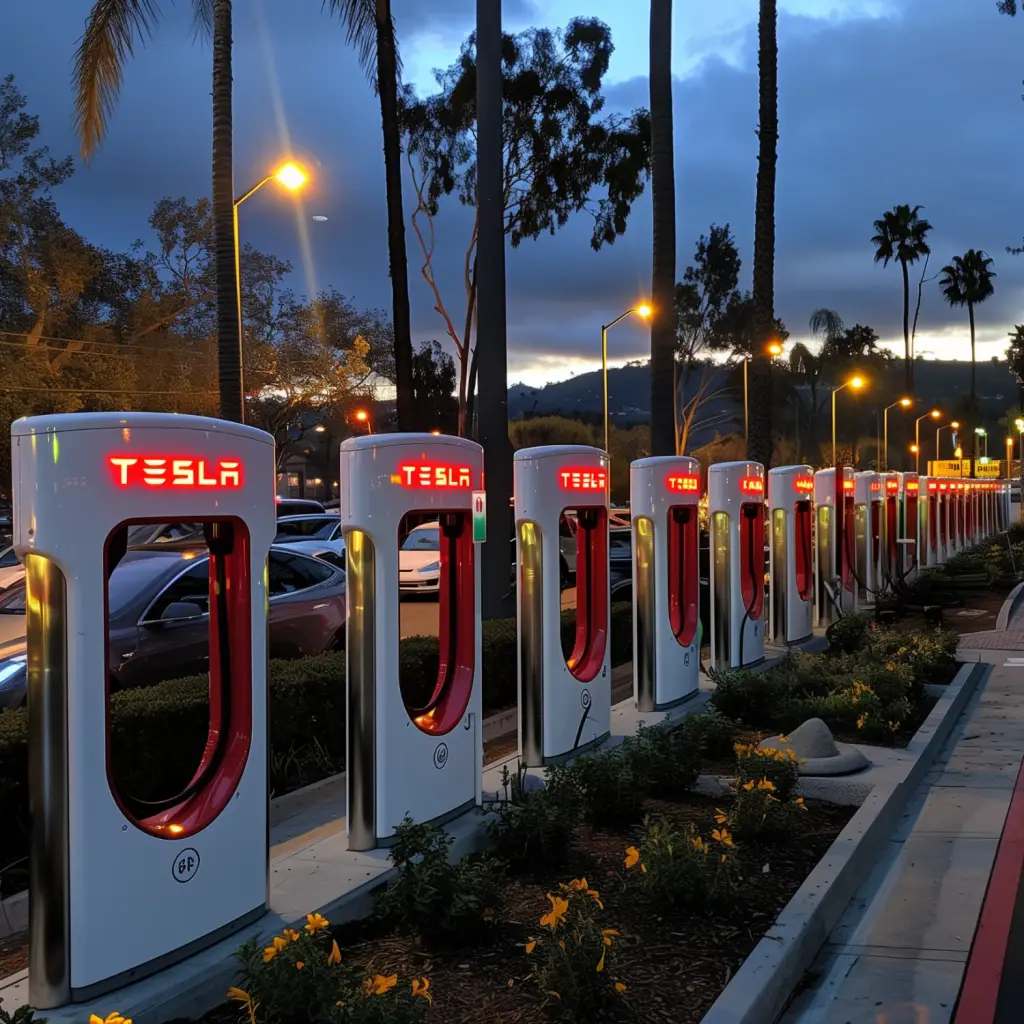
Imagine planning a road trip where half your itinerary revolves around where you can charge your truck. The charging infrastructure, while growing, still plays hide and seek in many areas. It's like having a gas station on every corner, except the stations are invisible and miles apart.
4. The Time Cost of Charging
Time is money, and when it comes to charging your electric truck, it's like investing in a high-yield, slow-return bond. While you're waiting for your truck to charge (which can feel longer than a queue at the DMV), your gas-guzzling counterparts are already making their next delivery.
5. The Used Truck Market: Electric Trucks' Kryptonite
The resale value of electric trucks is still a question mark. It's a bit like trying to sell a VHS collection in a streaming world – you might find a buyer, but the depreciation hit can be harsher than a critic's review of a bad movie.
6. Energy Prices: A Wild Card
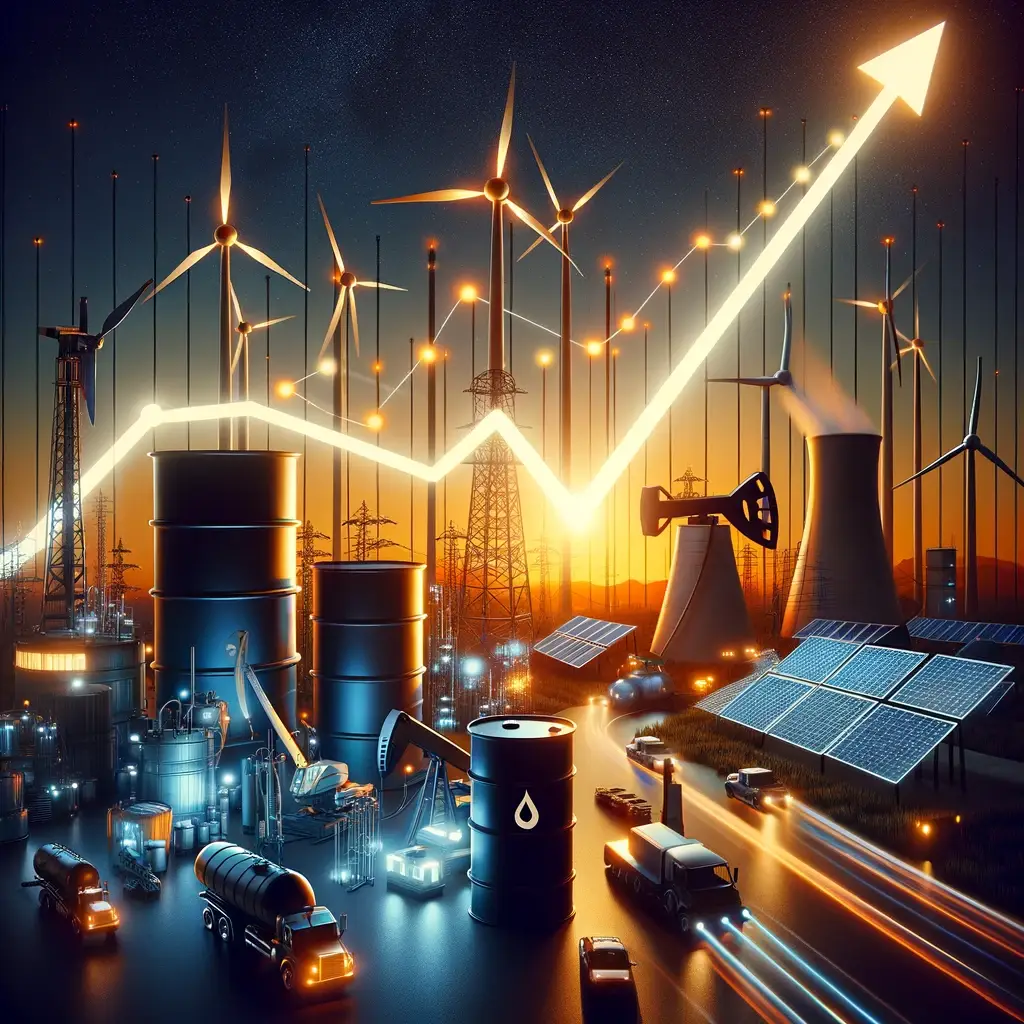
Sure, electricity is cheaper than gas – until it isn't. Energy prices can fluctuate like a soap opera plotline, and if you're in an area with high electricity costs, your savings might evaporate faster than water on a hot exhaust pipe.
7. Insurance Costs: Safety Isn't Cheap
Electric trucks are technological marvels, packed with more gadgets than a Swiss Army knife. This complexity, however, can lead to higher insurance premiums. It's like living in a smart home that's so smart, it outsmarts your savings account.
8. Long-Term Reliability: An Unknown Journey
Electric trucks are still relatively new kids on the block, which means their long-term reliability is as predictable as a season finale cliffhanger. Will they go the distance, or will they leave you stranded in the plot twist of a breakdown?
9. Not as Green as You Think
Sure, electric trucks emit less CO2, but producing and recycling their batteries has its own environmental footprint. It's like switching from plastic bags to reusable ones, only to find out the reusable bags are made in a coal factory.
You'll have to run the EV for roughly 30 years to offset the initial CO2 cost of the steel body.
10. Technology Advancement: Today's Model, Tomorrow's Dinosaur
The rapid pace of technology means today's electric truck could be obsolete faster than a flip phone at a smartphone convention. Investing a small fortune now might feel a bit like buying the latest and greatest tech gadget, only to have it overshadowed by a newer model a year later.
In conclusion, while electric trucks offer a promising glimpse into a cleaner, more efficient future, they're not the silver bullet for cost savings that many believe. Like any good plot twist, the reality is more complicated than it seems. So, before you jump on the electric bandwagon, it might be wise to pump the brakes and consider the road ahead.